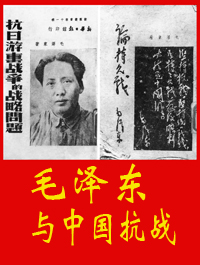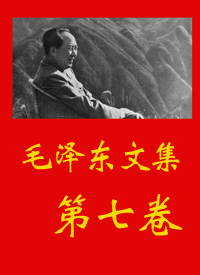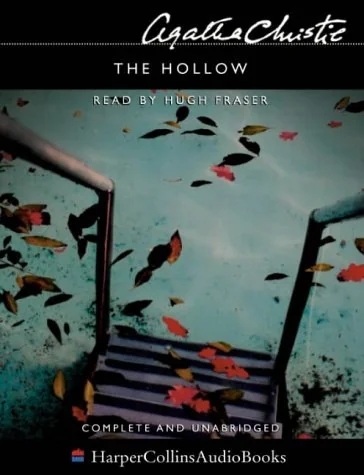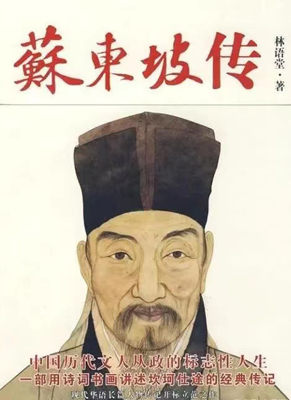At the epoch, nearly contemporary by the way, when the action of this book takes place, there was not, as there is to-day, a policeman at the corner of every street (a benefit which there is no time to discuss here); stray children abounded in Paris. The statistics give an average of two hundred and sixty homeless children picked up annually at that period, by the police patrols, in unenclosed lands, in houses in process of construction, and under the arches of the bridges. One of these nests, which has become famous, produced "the swallows of the bridge of Arcola." This is, moreover, the most disastrous of social symptoms. All crimes of the man begin in the vagabondage of the child.
Let us make an exception in favor of Paris, nevertheless. In a relative measure, and in spite of the souvenir which we have just recalled, the exception is just. While in any other great city the vagabond child is a lost man, while nearly everywhere the child left to itself is, in some sort, sacrificed and abandoned to a kind of fatal immersion in the public vices which devour in him honesty and conscience, the street boy of Paris, we insist on this point, however defaced and injured on the surface, is almost intact on the interior. It is a magnificent thing to put on record, and one which shines forth in the splendid probity of our popular revolutions, that a certain incorruptibility results from the idea which exists in the air of Paris, as salt exists in the water of the ocean. To breathe Paris preserves the soul.
What we have just said takes away nothing of the anguish of heart which one experiences every time that one meets one of these children around whom one fancies that he beholds floating the threads of a broken family. In the civilization of the present day, incomplete as it still is, it is not a very abnormal thing to behold these fractured families pouring themselves out into the darkness, not knowing clearly what has become of their children, and allowing their own entrails to fall on the public highway. Hence these obscure destinies. This is called, for this sad thing has given rise to an expression, "to be cast on the pavements of Paris."
Let it be said by the way, that this abandonment of children was not discouraged by the ancient monarchy. A little of Egypt and Bohemia in the lower regions suited the upper spheres, and compassed the aims of the powerful. The hatred of instruction for the children of the people was a dogma. What is the use of "half-lights"? Such was the countersign. Now, the erring child is the corollary of the ignorant child.
Besides this, the monarchy sometimes was in need of children, and in that case it skimmed the streets.
Under Louis XIV., not to go any further back, the king rightly desired to create a fleet. The idea was a good one. But let us consider the means. There can be no fleet, if, beside the sailing ship, that plaything of the winds, and for the purpose of towing it, in case of necessity, there is not the vessel which goes where it pleases, either by means of oars or of steam; the galleys were then to the marine what steamers are to-day. Therefore, galleys were necessary; but the galley is moved only by the galley-slave; hence, galley-slaves were required. Colbert had the commissioners of provinces and the parliaments make as many convicts as possible. The magistracy showed a great deal of complaisance in the matter. A man kept his hat on in the presence of a procession--it was a Huguenot attitude; he was sent to the galleys. A child was encountered in the streets; provided that he was fifteen years of age and did not know where he was to sleep, he was sent to the galleys. Grand reign; grand century.
Under Louis XV. children disappeared in Paris; the police carried them off, for what mysterious purpose no one knew. People whispered with terror monstrous conjectures as to the king's baths of purple. Barbier speaks ingenuously of these things. It sometimes happened that the exempts of the guard, when they ran short of children, took those who had fathers. The fathers, in despair, attacked the exempts. In that case, the parliament intervened and had some one hung. Who? The exempts? No, the fathers.
在本书所叙故事向前进展的那个时代——其实几乎是当代——和今天是不一样的,当时并不是在巴黎的每个街角上都有一个警察(这是一种善政,现在却不是讨论的时候),在当时,到处都是流浪儿。根据统计,警察巡逻队平均每年要从没有围墙的空地上、正在建造的房屋里和桥拱下收容二百六十个孩子。在那些孩子窠里,有一处是一向著名的,有“阿尔科拉桥下燕子们”之称。那确是最糟糕的社会病态。人类的一切罪恶都是从儿童的流浪生活开始的。
巴黎却当别论。我们刚才虽然提到了一件往事,在一定的程度上,把巴黎除外却是正确的。在任何一个其他的大城市里,一个流浪的孩子,也就是一个没有指望的成人,几乎在任何地方,没人照顾的孩子都会染上种种恶习,自甘沉沦,丧尽天良和诚信,以致陷入无可挽救的境地;巴黎的野孩子却不是这样,我们要着重指出,表面上看起来他虽然貌不惊人,伤痕遍体,而他的内心却几乎是完好无损的。那是一种值得重视的奇光异彩,并且在我们历次人民革命辉煌灿烂的正大作风中显得鲜明夺目,在巴黎的空气中存在着一种信念,正如在海洋的浪潮中存在着盐,也正象盐能防腐一样,在从巴黎空气中得来的那种信念里产生了某种不可腐蚀的性格。呼吸巴黎的空气,便是保持灵魂的健康。
上面我们所说的那些话,使我们在遇见那样一个孩子时绝不会无动于衷,我们总感到那些孩子从他们离散的家庭里带来的游丝还在飘荡。现代的文明还远没有达到完善的地步,那些破裂了的家庭把子女抛向黑暗,把自己的骨肉扔在公众的道路上,从此便不大知道他们变成了什么。这叫做……因为那种使人发愁的事已有了一句成语:“被摔在巴黎的石块路上”。
附带说一句,那种遗弃儿女的事,在古代君主制度下是丝毫不受歧视的。下层社会略带一点埃及和波希米亚的作风,那是上层社会所欢迎的,那样可以替当权的人解决一些问题。仇视平民儿童的教养,原是一种信念。那些“浑大鲁儿”有什么用?那是当日的口头话。因此愚昧儿童的结局必然是当流浪儿童。
况且君主制在某些时候需要儿童,而当时儿童充斥街头。
不用追溯得太远,我们只谈谈路易十四,当时国王需要建立舰队。动机是好的。但是让我们看看方法。帆船是风的玩具,必要时还得加以拖曳,如果没有凭借桡橹或蒸汽来供人指使的船舶,便谈不上舰队,当年海军的大桡船正如今天的汽船。因此必须有大桡船,大桡船又非有桡手不能移动,因而必须有桡手。柯尔培尔①授意各省都督和法院,要他们尽量制造苦役犯。当时的官府在这方面是奉命唯谨的。一个人在教会行列走过时头上还戴着帽子,这是新教徒的态度,该送去当桡手。在街上遇见一个孩子,只要他有了十五岁而没有住处,就送去当桡手。伟大的朝代,伟大的世纪。
①柯尔培尔(Colbert,1619-1683),路易十四的大臣。
在路易十五的统治下,巴黎的孩子绝了迹,警察时常掳走孩子,不知作什么神秘的用途。人们怀着万分恐怖的心情低声谈着有关国王洗红水澡的一些骇人听闻的推测。巴尔比埃①率直地谈着那些事。有时,孩子供不应求,警吏们便抓那些有父亲的孩子。父亲悲痛万状,跑去质问警吏。在那种情况下,法院便出面干涉,判处绞刑,绞谁?绞那些警吏吗?不是。绞那些父亲。
①巴尔比埃(Barbier,1822-1901),法国剧作家。






